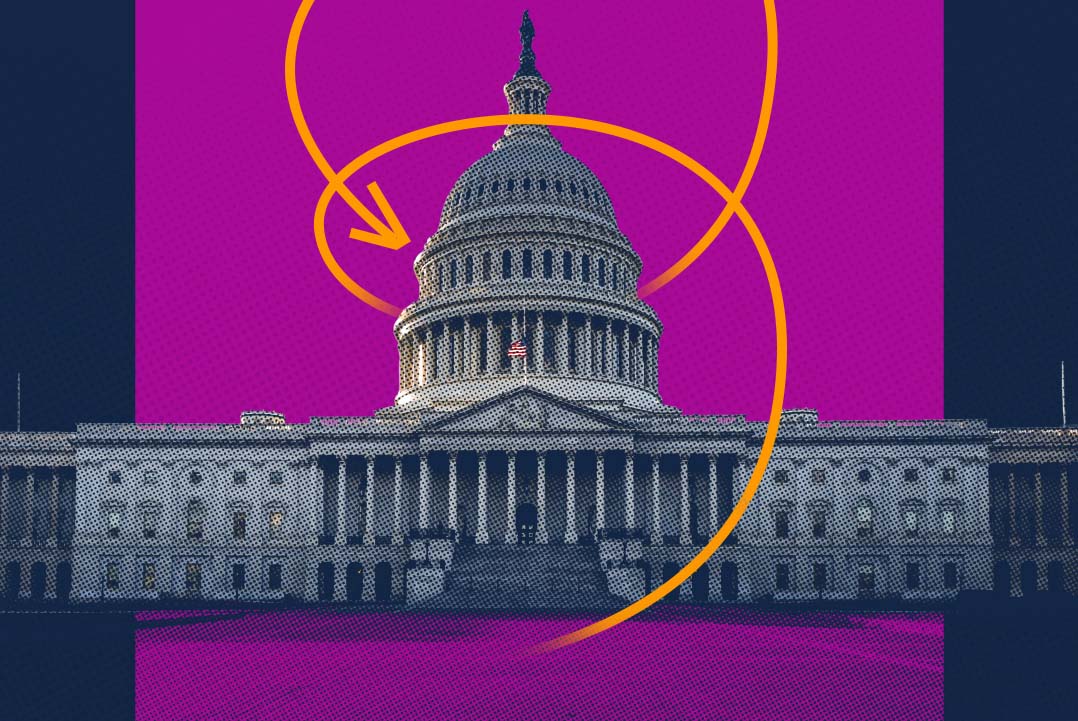You may be wondering how the recent shifts in education policy, including changes and cuts at the federal level, will impact your ability to return to college. The good news is these changes don’t have to stand in your way. With the right guidance and up-to-date information, you can understand what these policies mean for you, take advantage of available resources, and confidently stay on track to achieve your educational goals.
Here, we share the key changes at the federal, state, and institutional levels and what they might mean for your educational goals.
Federal policies: Big-picture changes to financial aid and program
The U.S. Department of Education’s policy changes often set the tone for how financial aid works, how institutions are held accountable, and what programs get funding. Recently, several important updates have emerged that may affect your options:
- Federal financial aid: Updates to the FAFSA and federal student loan forgiveness and repayment programs could impact your eligibility. Changes like simplified FAFSA forms might make financial aid more accessible.
- Pell Grants: There has been no policy change to the Pell Grant program and funding remains available for those who qualify.
- Accreditation rules: Institutions that lose accreditation can risk the ability to offer federal financial aid. Before you enroll, make sure your school is fully accredited. You can check your school’s status here. All ReUp partner institutions are accredited.
- Focus on workforce development: Federal and state funding increasingly supports career-focused programs like vocational training and online learning, broadening opportunities for adult learners looking for flexible options.
If you’re counting on federal financial aid, stay up-to-date on these changes. It’s a good idea to visit the Federal Student Aid website to review your eligibility. If you’re exploring schools, verify their accreditation to sidestep potential hurdles. You can also follow updates directly from the U.S. Department of Education Newsroom.
State-level policies: Your location matters
Education policies and funding vary widely by state. These changes can influence tuition costs, in-state aid, and whether you qualify for financial support as a returning adult learner. For example, some states—like New Jersey, Michigan, and Ohio—have launched new grant or debt relief programs to encourage re-enrollment. Others have adjusted credit transfer agreements to make it easier to return to school after a break. If you’re attending a school in a different state, tuition reciprocity agreements could reduce out-of-state fees.
Action Steps
- Use the U.S. Department of Education’s State Contacts page to find your state’s tuition assistance programs and grants.
- Reach out to your state’s financial aid office for guidance on funding options tailored to adult learners.
- If considering an out-of-state school, ask whether reciprocity agreements apply to you.
Institutional policies: Know your school’s updates
Individual colleges and universities often adjust their policies to align with federal and state guidelines. Over the past year, many institutions have introduced changes such as updated tuition rates, new financial aid packages, or more flexible learning options like part-time or hybrid programs for working adults.
If you paused your education or are transferring schools, credit transfer policies have also improved at many institutions, reducing the need to repeat courses you’ve already completed.
For guidance on policies and options at your institution, check in with the following departments:
- Advising: Course selection, pacing, and learning modalities
- Admissions: Applications, programs, transfers
- Financial aid: Aid, funding, and scholarships
- Bursar (business functions): Payment plans
Stay in the Loop
- Search for your school’s updates using the National Center for Education Statistics database. Additionally, reach out directly to your institution’s financial aid office to learn about newly available grants or scholarships. Tuition can vary depending upon modality, residency, and whether you are attending school part time or full time. Don’t hesitate to ask about flexible scheduling options as well.
Overcoming potential challenges
Reading about all these changes might feel overwhelming. If you’re unsure about how policies will affect your options, you’re not alone. Financial aid forms, state-specific requirements, and institutional differences can be confusing. The good news? There are resources to guide you every step of the way.
Additional Resources
- Federal Student Aid Website: For FAFSA updates and loan forgiveness programs.
- College Scorecard: Compare costs, graduation rates, and financial aid availability across schools.
Why Staying Updated Matters
Whether you’re just starting to think about going back to school or you’re already navigating your degree program, staying updated on education policies is critical. These changes can open doors to new funding, provide new ways to earn credits, and help you avoid unexpected obstacles.
ReUp Success Coaches are here to support you as you navigate the decision to return to college and to help you thrive beyond re-enrollment. Through personalized, one-on-one communication via phone, email, or text, they offer tailored planning, helpful resources, and timely reminders to ensure you stay on track and achieve your goals. ReUp Success Coaching is a no-cost service offered to any adult who wants to further their education.
By taking the time to explore your options, understand how policies apply to your situation, and look into the resources available to you, you’re giving yourself the tools you need to move forward with confidence. You’ve got what it takes to succeed, and ReUp is here to help.



